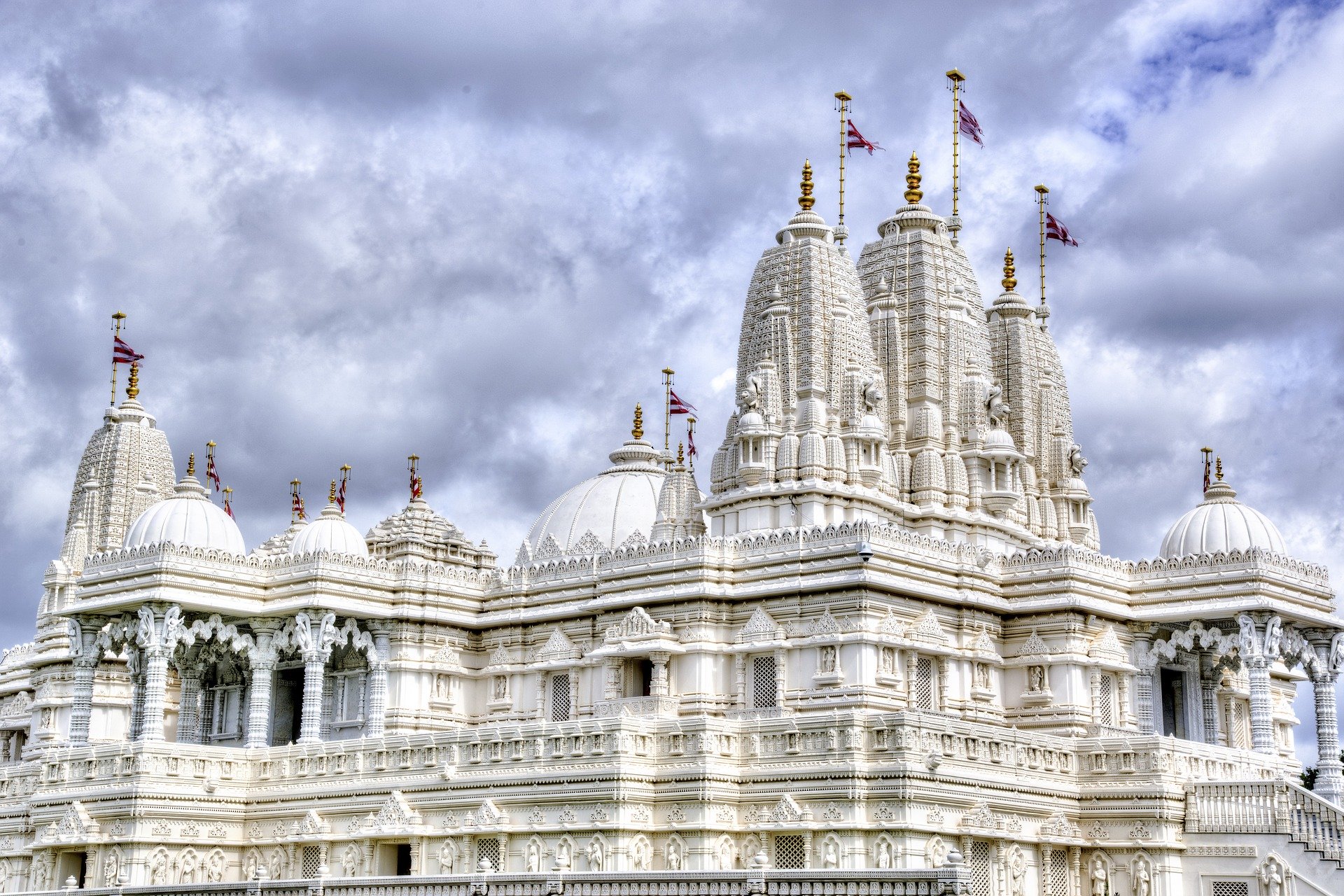Pakistan’s state-run council of clerics, which advises the government on religious issues, has given its approval for the construction of a new temple for minority Hindus, ruling that Islamic law allows minorities a place of worship.
Lal Malhi, a prominent Hindu leader who is also a member of parliament, applauded Wednesday’s ruling but noted the council also recommended the government not spend public funds directly on the construction of private places of worship.
The decision by the Council of Islamic Ideology comes after the government of Prime Minister Imran Khan abruptly halted construction on the temple in the capital Islamabad in June.
Khan’s decision came amid threats from hardline Muslims who called the construction of the temple a blasphemous act.
Some of those Muslims had threatened to try to stop the temple’s construction by force, raising tensions.
Khan turned to the council to decide if public money could be used for construction. He had promised $600,000 for the temple’s construction.
It was not immediately clear on Wednesday whether Khan would follow through with providing the funds in light of the council’s ruling.
However, the council’s ruling left open the possibility the money could be distributed to the Hindu community to use as it sees fit.
Khan, who has promised equal rights for minorities, is expected to issue a formal order to allow the temple’s construction.
Currently, there is no functioning temple for Hindus in Islamabad. About 3,000 Hindus live in the capital with its population of more than one million, mostly Muslims.
Muslims and Hindus generally live peacefully together in Pakistan, but there have been incidents in which Hindu girls were forcibly converted to Islam.
Most of the country’s Hindus migrated to India from present-day Pakistan in 1947 when India was divided by the British government.
Nuclear-armed rivals Pakistan and India have a history of bitter relations. They have fought three wars over the disputed Himalayan region of Kashmir, which is split between them but claimed by both in its entirety.
SOURCE : AP


